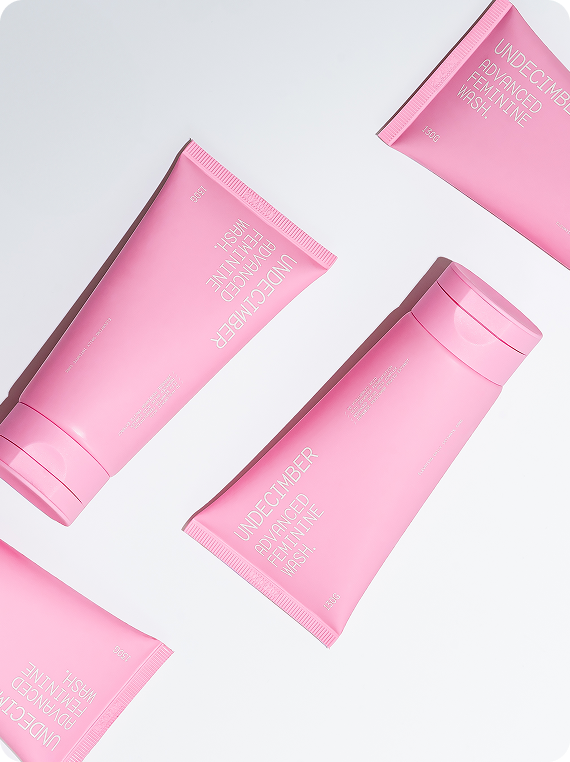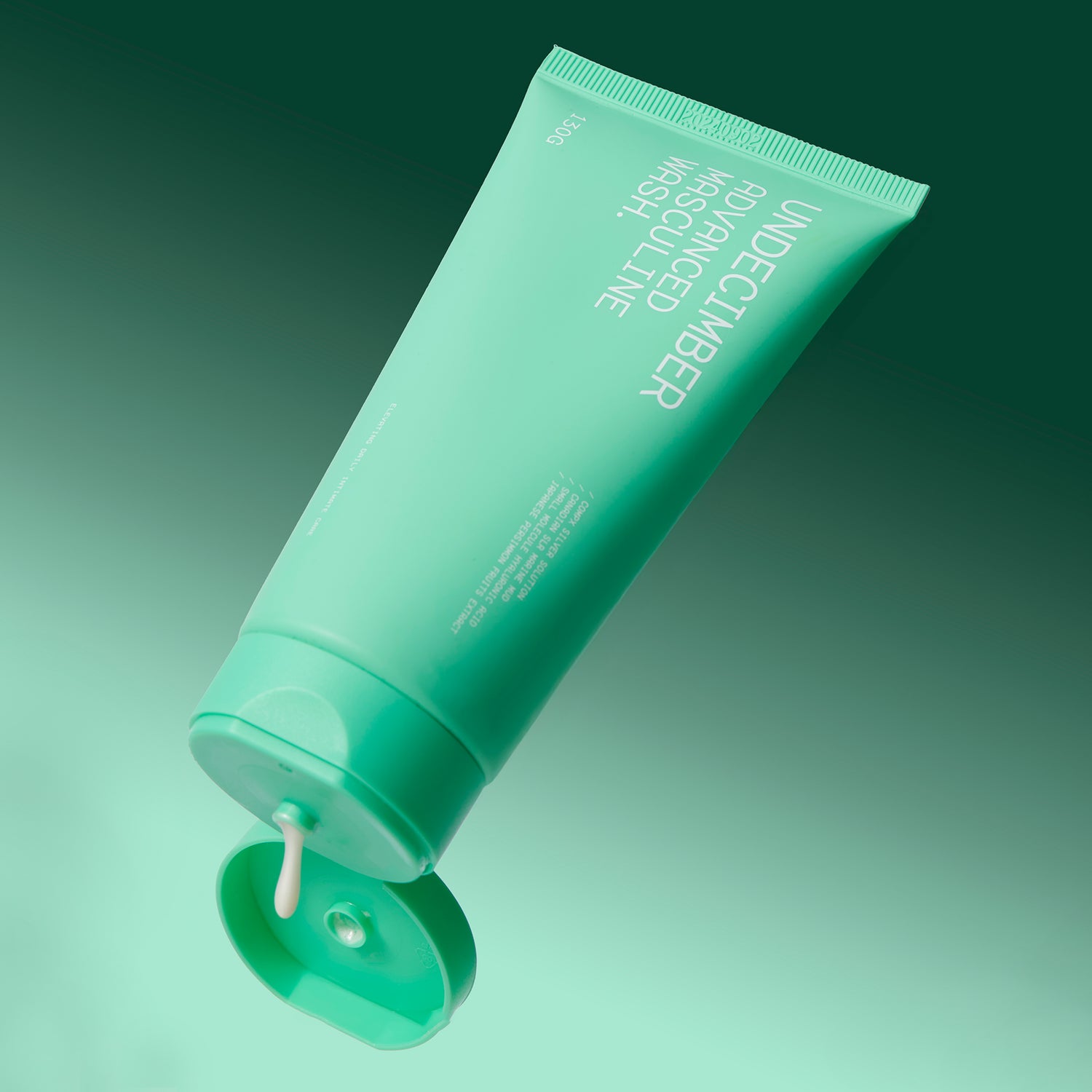The critical super defender that maintains appropriate vaginal microbiota, reducing risks of vaginitis and urinary tract infections, promoting good feminine hygiene.
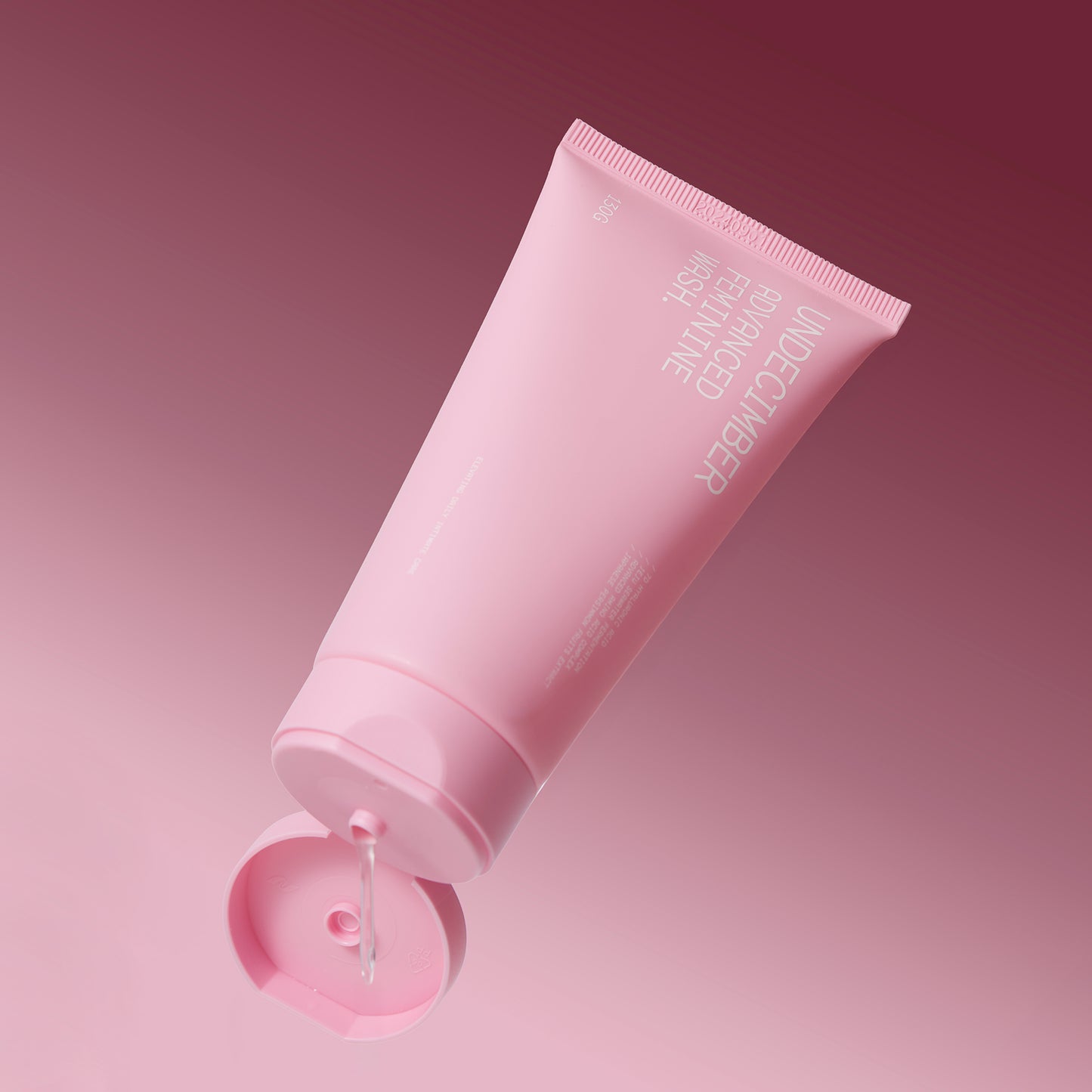
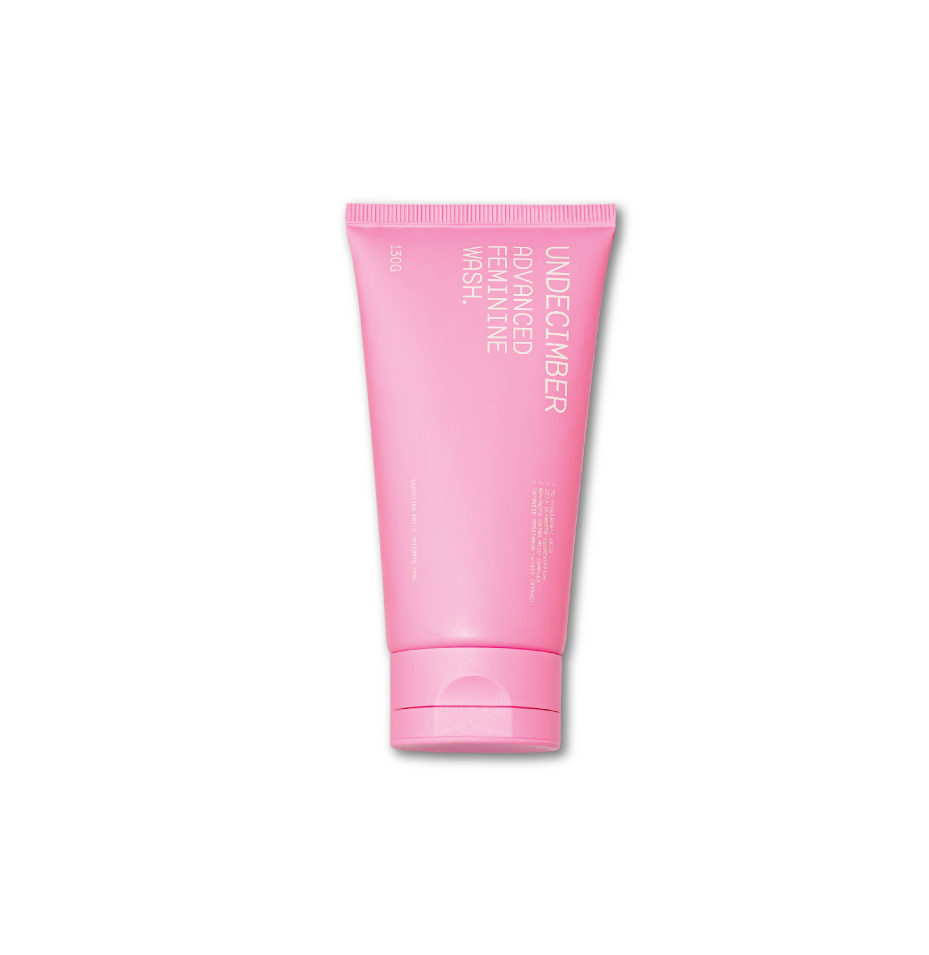
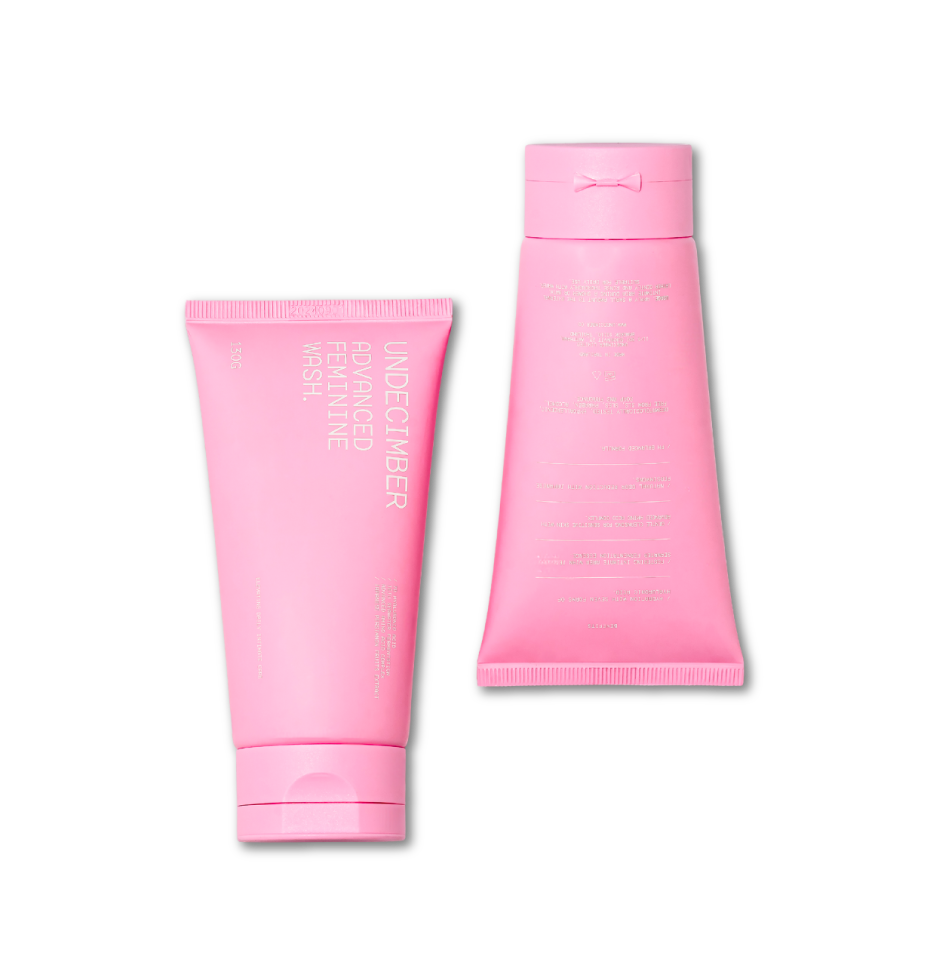
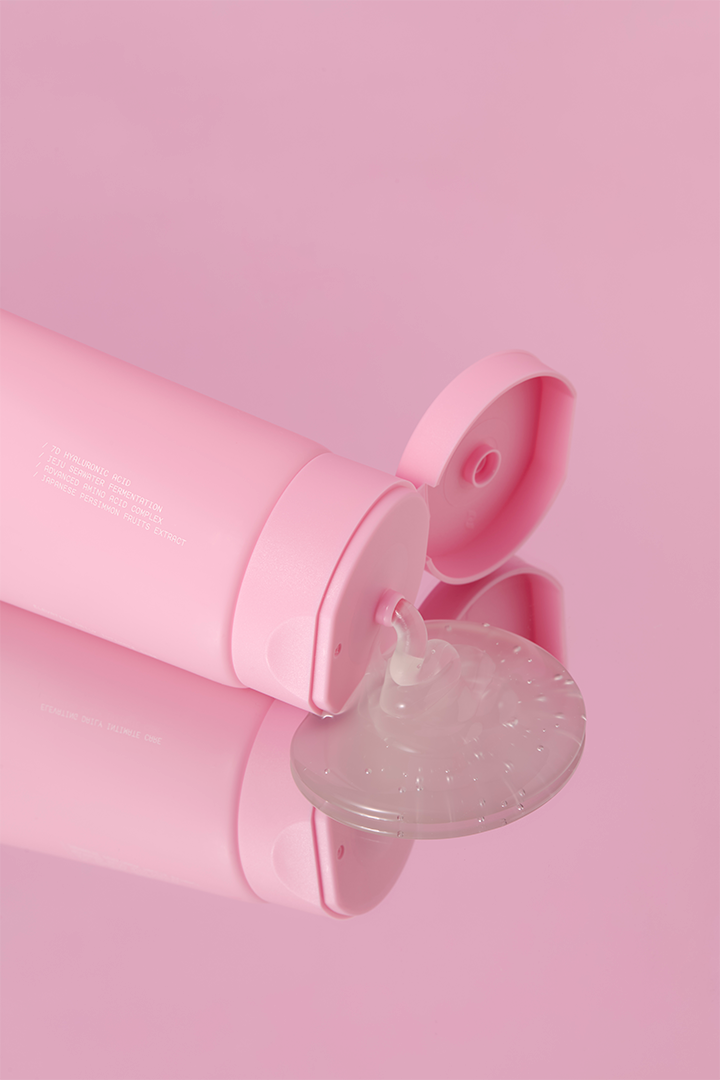
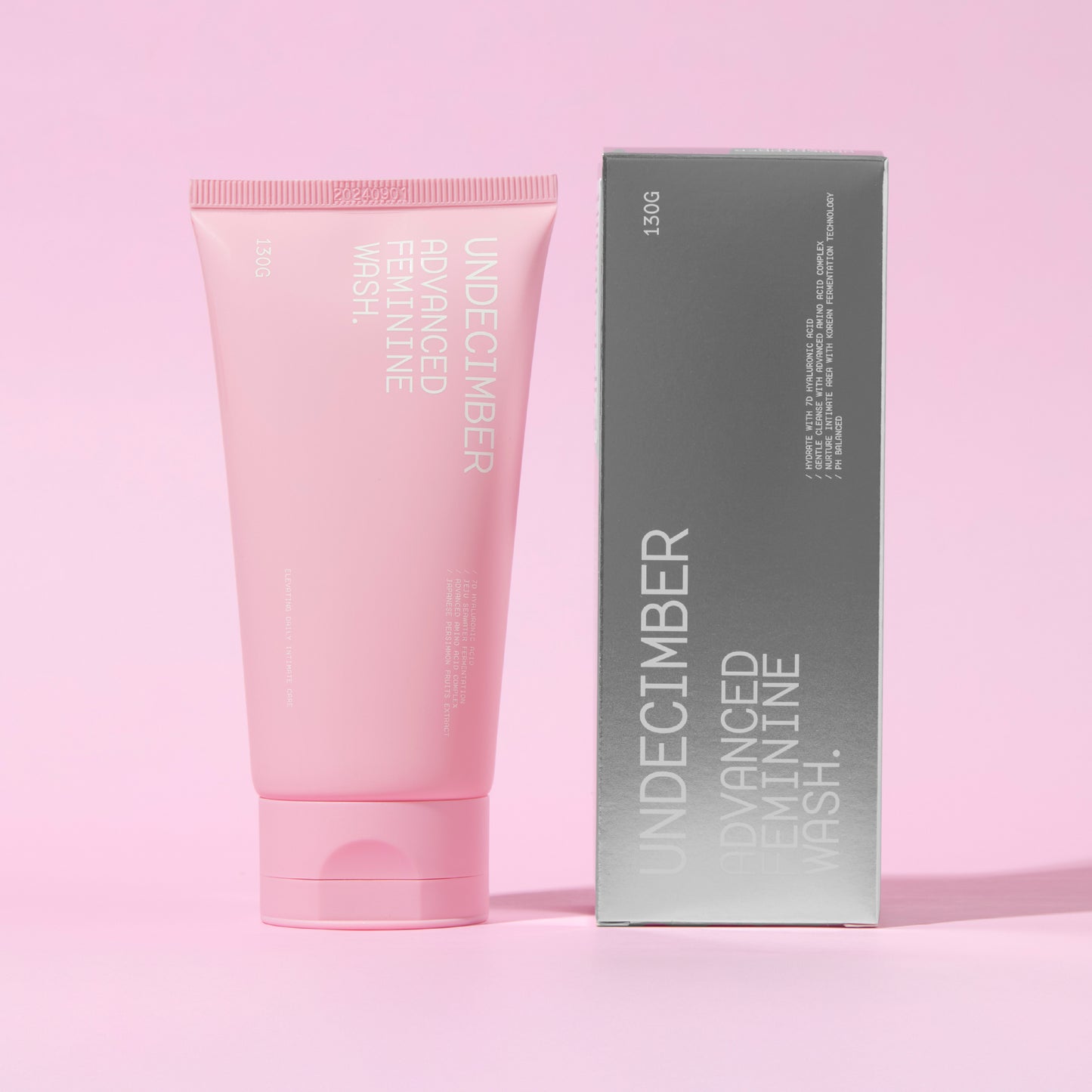
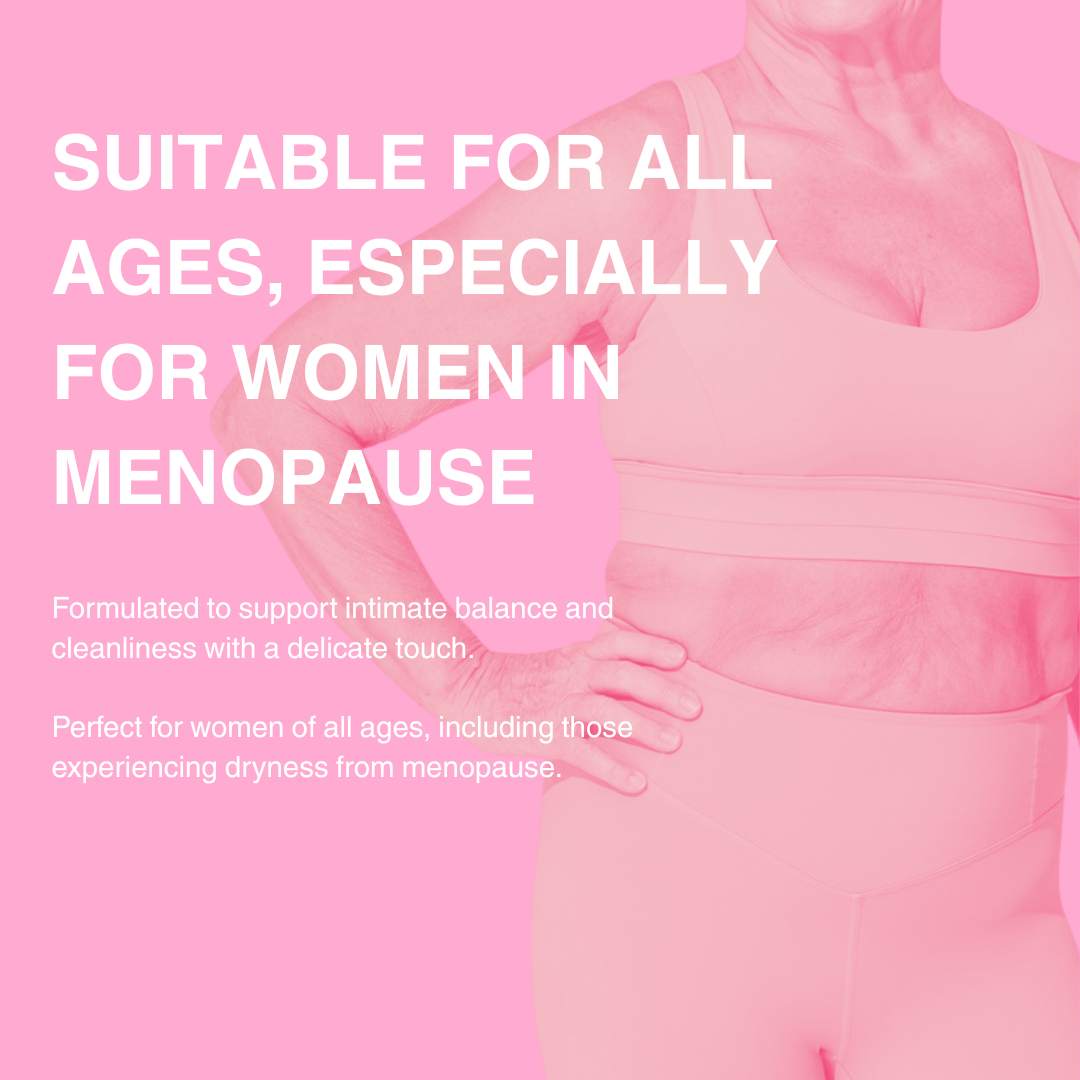

Us vs Mainstream
A proper pH level is only part of the story. Many intimate washes claim to be pH balanced, yet still disrupt the vaginal microbiome with harsh preservatives, synthetic fragrances, or sulfates like SLS and SLES. Ingredients such as parabens, triclosan, and methylisothiazolinone can further irritate or strip delicate skin, undermining long-term intimate health.







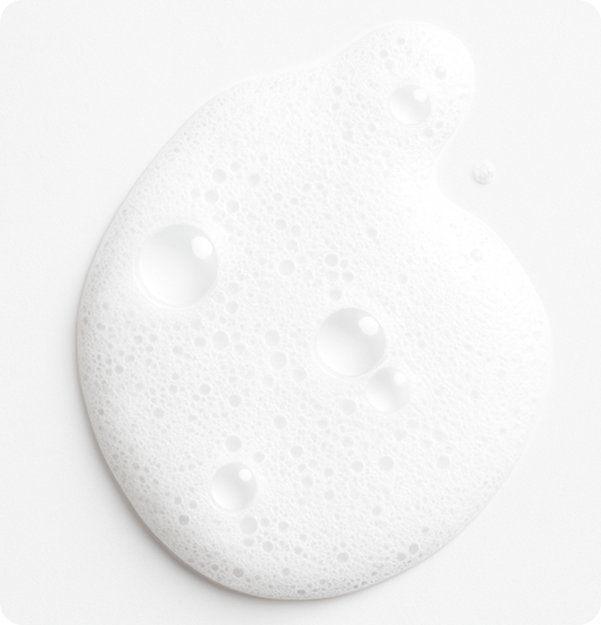
A SUPERCHARGED formula for CLINICALLY-PROVEN efficacy.
- GOOD FOR: Normal, Dry, Sensitive, Hormonal Skin
- FEEL LIKE: Lightweight gel with a silky-softlather that soothes as it cleanses
- SMELLS LIKE: Delicate, botanical freshness with subtle citrus clarity
- ORIGIN: Made in Thailand (Ingredients from France, Japan, and Korea)
- FYI: Dermatologically Tested • Hypoallergenic SLS and SLES Free • Cruelty-Free • Vegan • Non-Comedogenic • Fragrance-Free
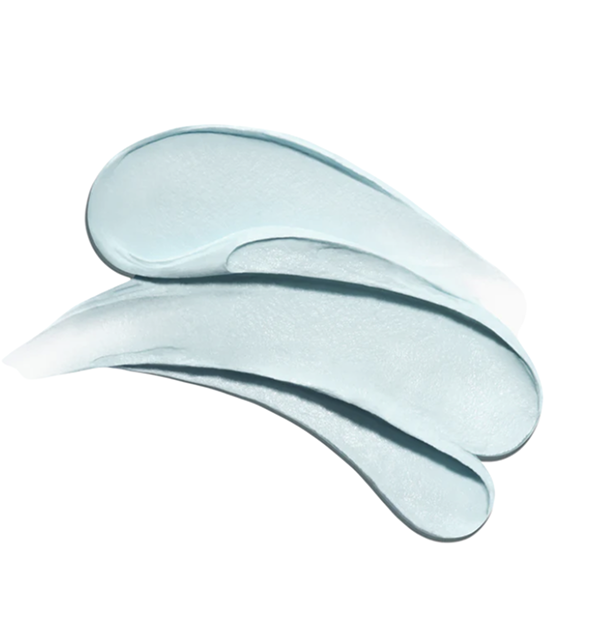
Dual-L3™ Biotechnology
Our lab uses dual fermentation on 10B CFU/ml lactobacillus with Jeju's lava seawater to deliver L. crispatus — enhancing moisture and reducing melanin.
Ingredient Origin
Jeju, Korea
3 Key Components of Your Vaginal Microbiome
Lactobacillus Crispatus
Supports Bacterial Flora
A healthy balance of bacteria is crucial for maintaining the vaginal microbiome's health, preventing infections, and ensuring a healthy pH level. By supporting beneficial bacteria, inulin can help protect against harmful pathogens.
Maintains pH
The vaginal area has a delicate pH balance that is acidic to prevent the growth of harmful bacteria. By promoting the growth of beneficial bacteria, inulin can help maintain the natural pH balance of the vagina, which is essential for its health and for preventing infections such as bacterial vaginosis or yeast infections.
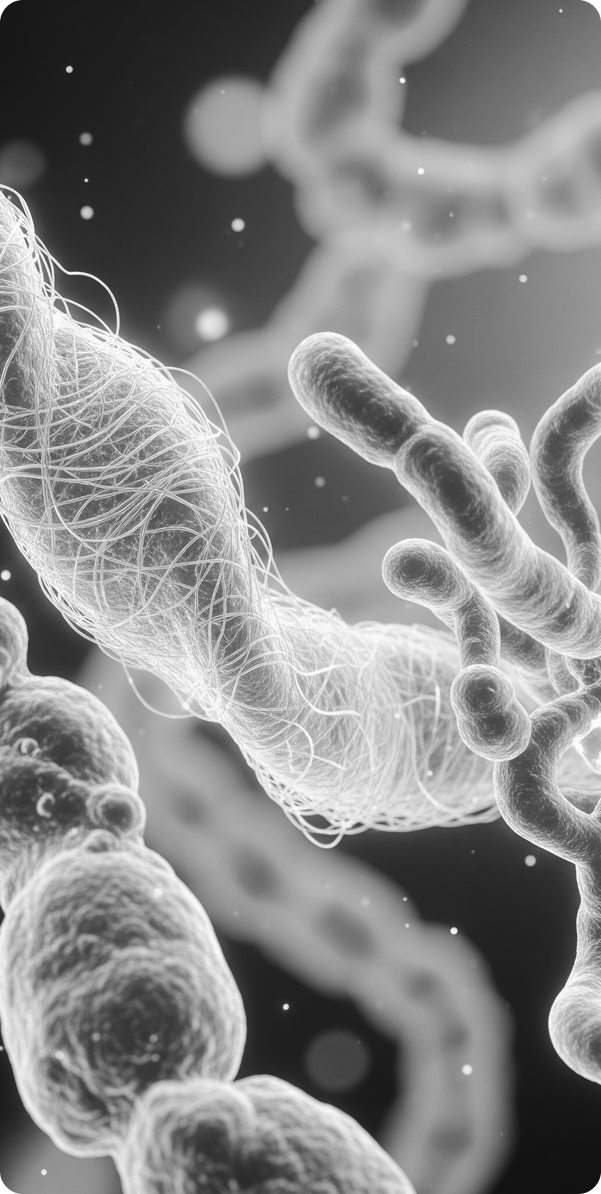
Supports Bacterial Flora
A healthy balance of bacteria is crucial for maintaining the vaginal microbiome's health, preventing infections, and ensuring a healthy pH level. By supporting beneficial bacteria, inulin can help protect against harmful pathogens.
Maintains pH
The vaginal area has a delicate pH balance that is acidic to prevent the growth of harmful bacteria. By promoting the growth of beneficial bacteria, inulin can help maintain the natural pH balance of the vagina, which is essential for its health and for preventing infections such as bacterial vaginosis or yeast infections.
Lactobacillus Rhamnosus
Balances pH, acting as a natural skin protector.
Supports Bacterial Flora
A healthy balance of bacteria is crucial for maintaining the vaginal microbiome's health, preventing infections, and ensuring a healthy pH level. By supporting beneficial bacteria, inulin can help protect against harmful pathogens.
Maintains pH
The vaginal area has a delicate pH balance that is acidic to prevent the growth of harmful bacteria. By promoting the growth of beneficial bacteria, inulin can help maintain the natural pH balance of the vagina, which is essential for its health and for preventing infections such as bacterial vaginosis or yeast infections.
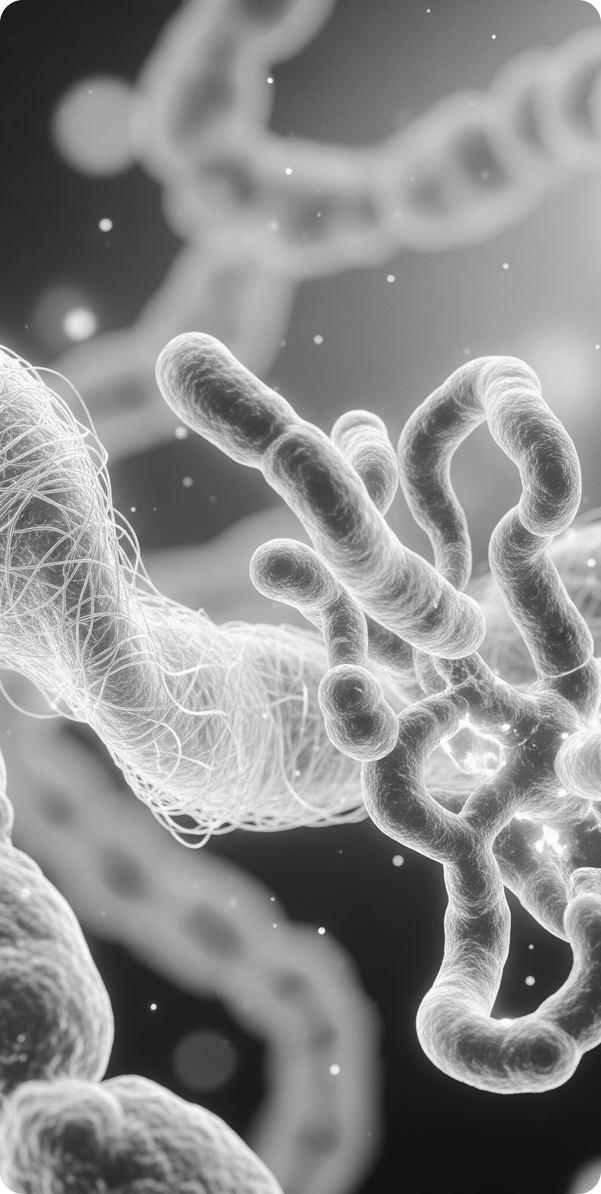
Supports Bacterial Flora
A healthy balance of bacteria is crucial for maintaining the vaginal microbiome's health, preventing infections, and ensuring a healthy pH level. By supporting beneficial bacteria, inulin can help protect against harmful pathogens.
Maintains pH
The vaginal area has a delicate pH balance that is acidic to prevent the growth of harmful bacteria. By promoting the growth of beneficial bacteria, inulin can help maintain the natural pH balance of the vagina, which is essential for its health and for preventing infections such as bacterial vaginosis or yeast infections.
Lactobacillus Acidophilus
Increases good bacteria and reduces harmful bacteria in the vagina, preventing inflammation and irritation.
Supports Bacterial Flora
A healthy balance of bacteria is crucial for maintaining the vaginal microbiome's health, preventing infections, and ensuring a healthy pH level. By supporting beneficial bacteria, inulin can help protect against harmful pathogens.
Maintains pH
The vaginal area has a delicate pH balance that is acidic to prevent the growth of harmful bacteria. By promoting the growth of beneficial bacteria, inulin can help maintain the natural pH balance of the vagina, which is essential for its health and for preventing infections such as bacterial vaginosis or yeast infections.

Supports Bacterial Flora
A healthy balance of bacteria is crucial for maintaining the vaginal microbiome's health, preventing infections, and ensuring a healthy pH level. By supporting beneficial bacteria, inulin can help protect against harmful pathogens.
Maintains pH
The vaginal area has a delicate pH balance that is acidic to prevent the growth of harmful bacteria. By promoting the growth of beneficial bacteria, inulin can help maintain the natural pH balance of the vagina, which is essential for its health and for preventing infections such as bacterial vaginosis or yeast infections.
Product FAQ
Unlike body soap, Undecimber is pH-balanced and free from harsh chemicals that can disrupt your intimate area. It gently cleanses while preserving your natural flora, making it safer for daily use.
Developed by ex-L’Oréal and Unilever formulators, Undecimber goes beyond cleansing. It’s the first intimate care product that combines skincare-grade ingredients like 7D hyaluronic acid and probiotics to hydrate, soothe, and protect.
Yes. Our formula is fragrance-free, dermatologist-tested, and designed for sensitive skin. It's also safe to use during your period or menopause when irritation is more common.
Absolutely. Undecimber is designed for daily use and for women who care about long-term intimate health, not just quick fixes.
Yes. Our products are trusted and recommended by doctors and are available at selected clinics.
